Business is Better in the Cloud
Moving to a cloud ERP solution can be a game changer for alcoholic beverage companies, providing the scalability and flexibility needed for growth and eliminating the burden of onsite server maintenance. While the debate between on-premise and cloud software solutions is not new, many business owners don’t understand the key differences between the two and what those differences mean for their operations.

Cloudy With a Chance of...
For the last decade, software companies have been transitioning more and more of their products to the cloud. Cloud solutions provide maximum uptime, are more sustainable and improve performance along with a myriad of other benefits to businesses. On-premise software requires a significant amount of time and money to maintain, limiting resources for other areas of your business.
But what are the real reasons cloud and cloud ERP solutions are considered king and on-prem is the way of the old?
- Increased Flexibility
Cloud solutions, including cloud ERP solutions, are much more flexible than traditional on-premise systems. You can scale up or down as needed without having to worry about the physical limitations of aging server hardware and other infrastructure. New services or features offered by the software provider will come online automatically without causing the system downtime that on-premise upgrades require. - Improved Collaboration
Software-as-a-service (SaaS), another term for cloud solutions, allows for quicker and easier collaboration between employees. Employees can access the data and applications they need from any device, at any time, from anywhere in the world. Maximizing accessibility in this way allows for greater collaboration and helps to improve productivity. - Reduced Costs
Owning and maintaining server hardware and infrastructure is expensive and demands much of your IT staff’s time and resources. By choosing a cloud solution, all maintenance and replacement costs fall to the host provider. This reduces overall costs for your business, allowing you to reallocate resources to other areas of your operation. - Increased Security
Cloud ERP solutions in particular provide more security for your data, making it less vulnerable to corruption and theft. The cloud offers multiple layers of security which can be further beefed up with capabilities like data encryption and two-factor authentication. Automatic security patches, updates and new features will keep your cloud security on the cutting edge so you will always feel confident that your data is safe and secure. - Better Decision Making
Better visibility into your data helps you and your team make smarter and faster business decisions. Cloud solutions allow you to see real-time data about your operations, inventory, performance — essentially all facets of your business. This enables you to identify areas of improvement and make changes accordingly.

Cloud ERP Solutions Are the Way Forward for Fast-Growing Beverage Companies
Now that we’ve examined some of the benefits of moving to the cloud, let’s dive into cloud ERPs. When it comes to selecting the right platform for your brewery, winery or distillery, it’s important to know not all cloud ERP systems are created equal. Cloud-native, cloud-based and cloud-enabled are probably the three most common cloud computing terms used interchangeably. But, they are actually quite different animals — each with its own set of implications for your business.
Cloud-native applications are literally born in the cloud. They’re built and deployed within cloud computing environments and fully leverage cloud services. They are designed to take advantage of cloud characteristics like elasticity, transparency and automation and allow for maximum accessibility, scalability and quick addition of new services. And according to a 2022 report, 75% of software companies are focusing on building cloud-native applications.
In contrast, cloud-based platforms take a hybrid approach – meaning they make use of some cloud capabilities but their framework wasn’t built within a cloud environment. The user interface for such platforms is still happening locally on a browser or mobile app, but storage and data processing happens within a hosted environment. This can be a reasonable middle ground but will certainly have some limitations.
Finally, cloud-enabled technologies are traditionally built and then migrated into the cloud while continuing to be dependent on local hardware and resources. This means that such an application will not be able to take advantage of shared services or resource pool and may not deliver the scalability and resiliency of either cloud-native or cloud-based systems.
When deciding which type of ERP system to select for the future of your business, keep the following in mind about cloud-native beverage software platforms like Crafted ERP.
A cloud-native ERP system is:
- Built specifically for the cloud, which means it’s designed to stay nimble and take advantage of all the benefits that the cloud has to offer
- More scalable than a traditional on-premise ERP system, which means that it can grow with your business as your needs change
- More accessible than non-cloud applications, allowing for seamless remote collaboration
- More secure than other types of ERP systems meaning that your precious data will be better protected from both physical threats and cyber threats
- Equipped to empower you to make the best decisions possible for your company by leveraging real-time data and multi-faceted visibility.
It’s Better in the Cloud – See You There?
Crafted ERP is a true end-to-end, completely cloud-native ERP platform that was built by industry professionals who understand what it takes to succeed and grow your beverage business. If you’d like to learn more about cloud-native capabilities and the full breadth of what Crafted ERP has to offer, check out our editions tailored to each alcoholic beverage production verticals —
Brewery Edition,
Distillery Edition,
Winery Edition.


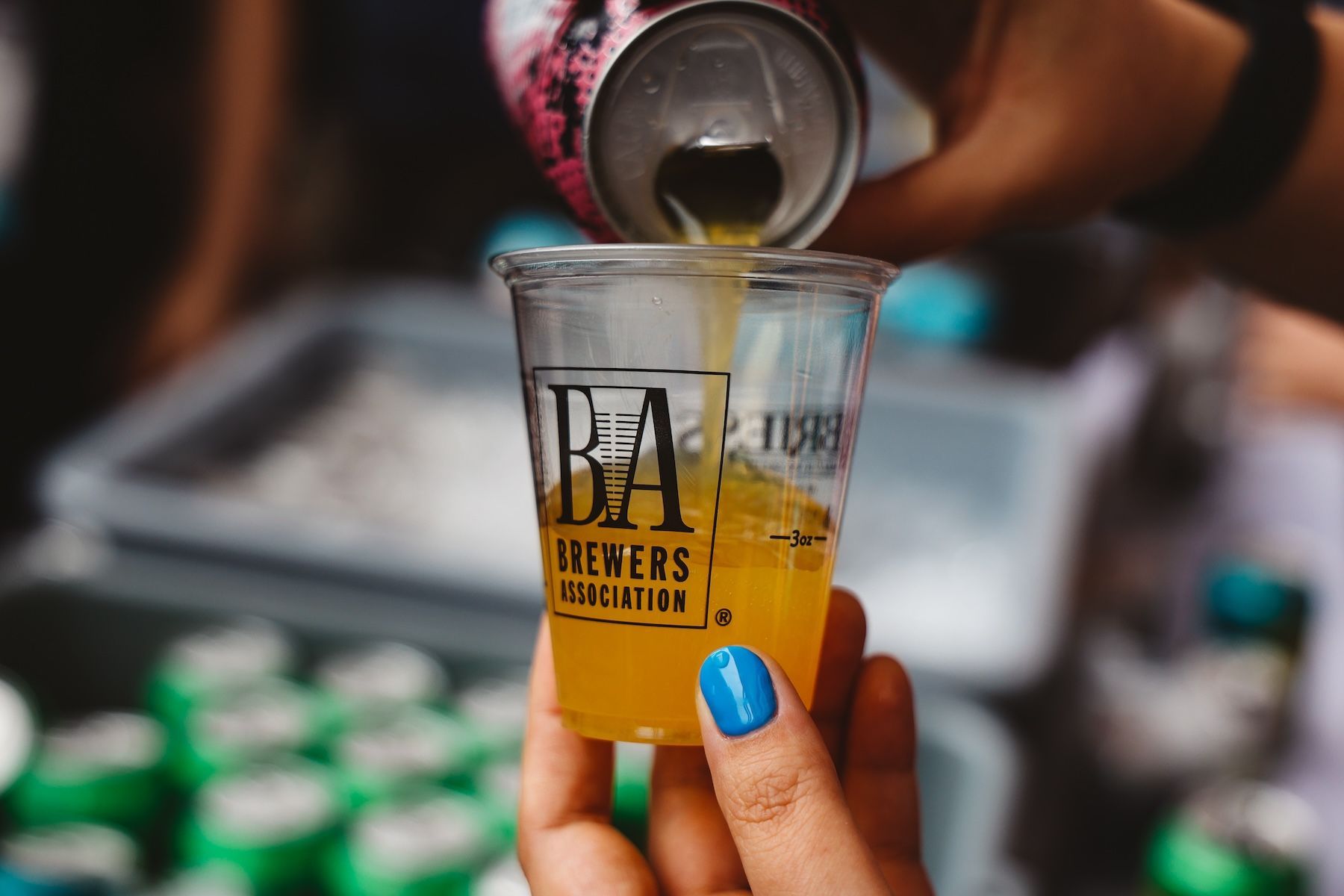

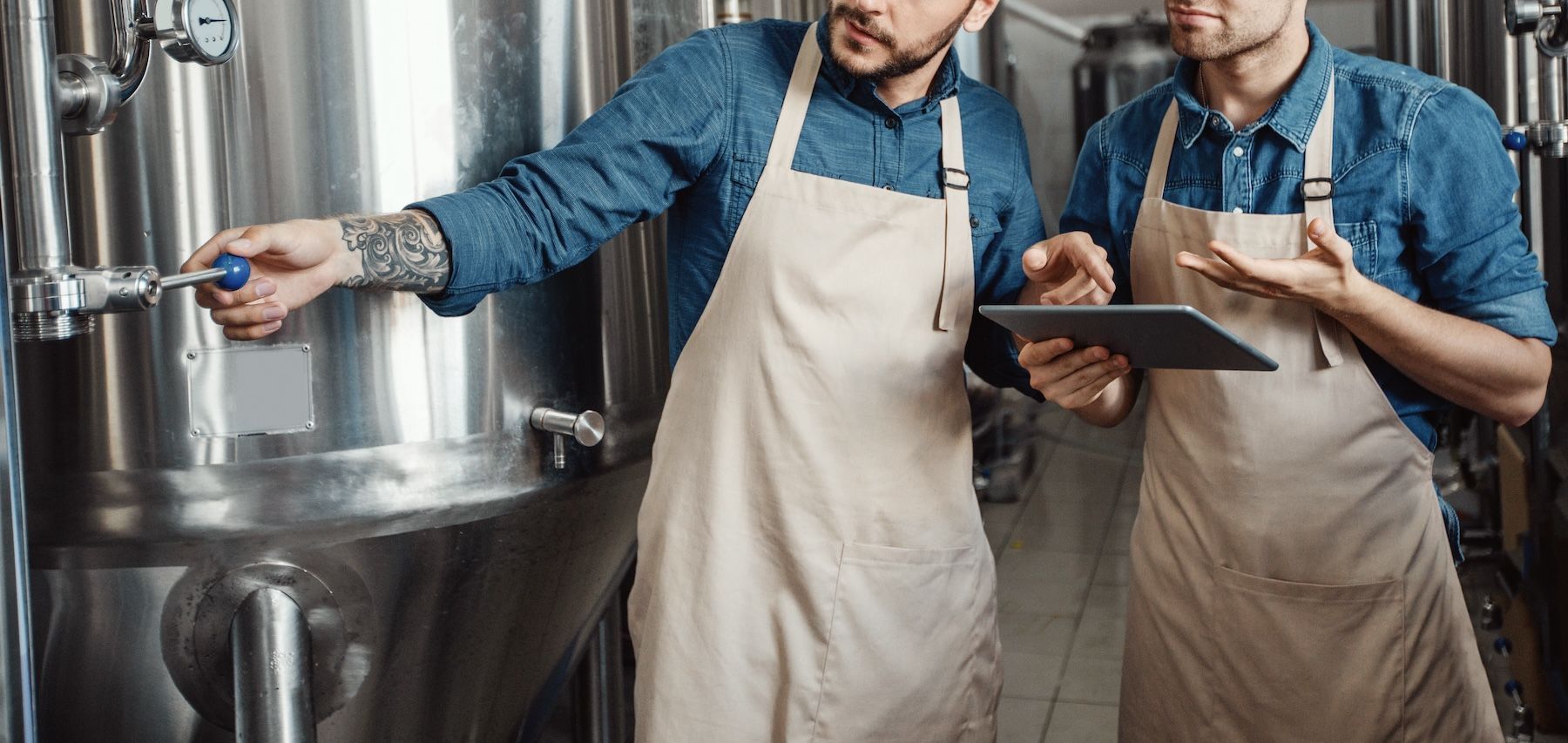



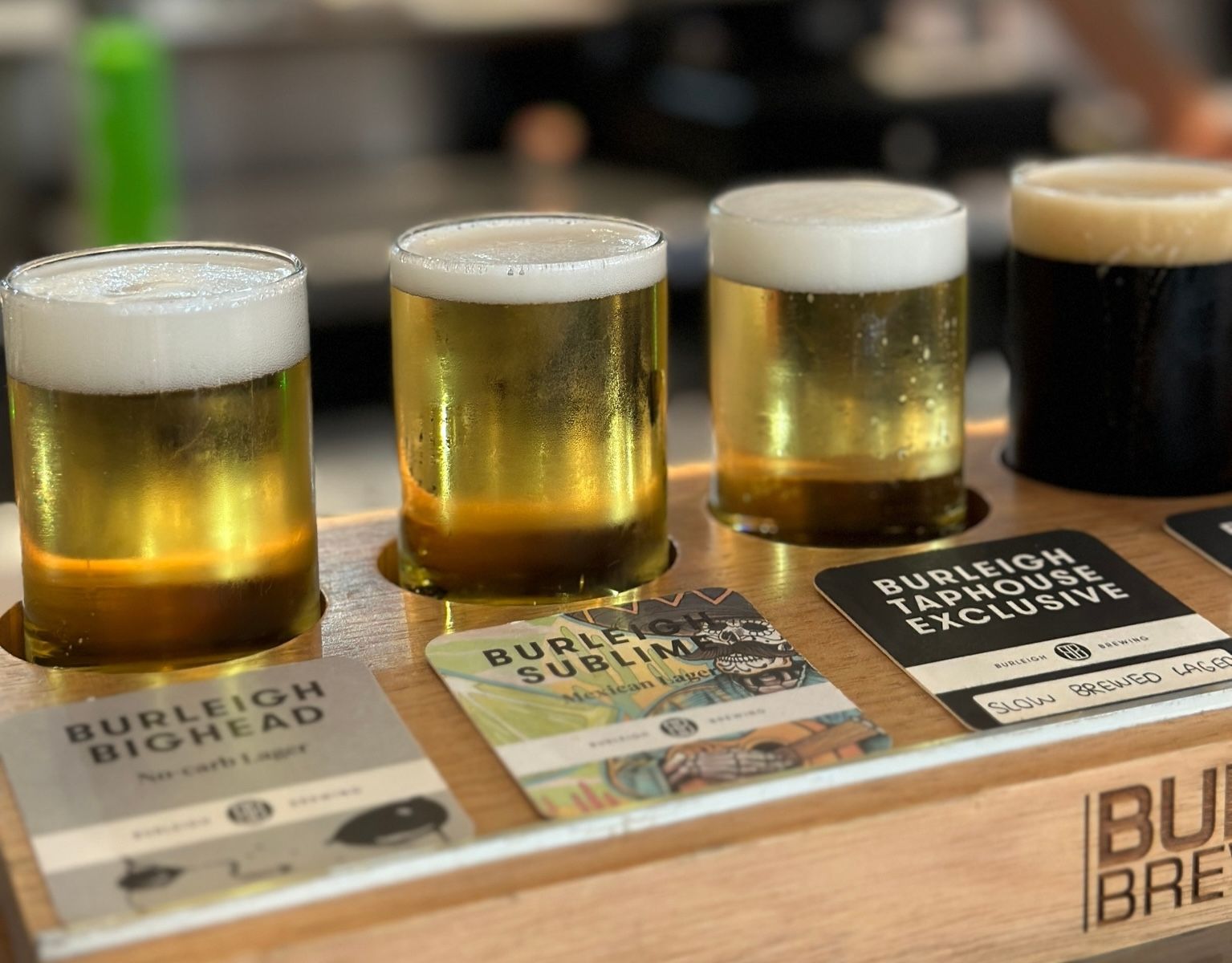
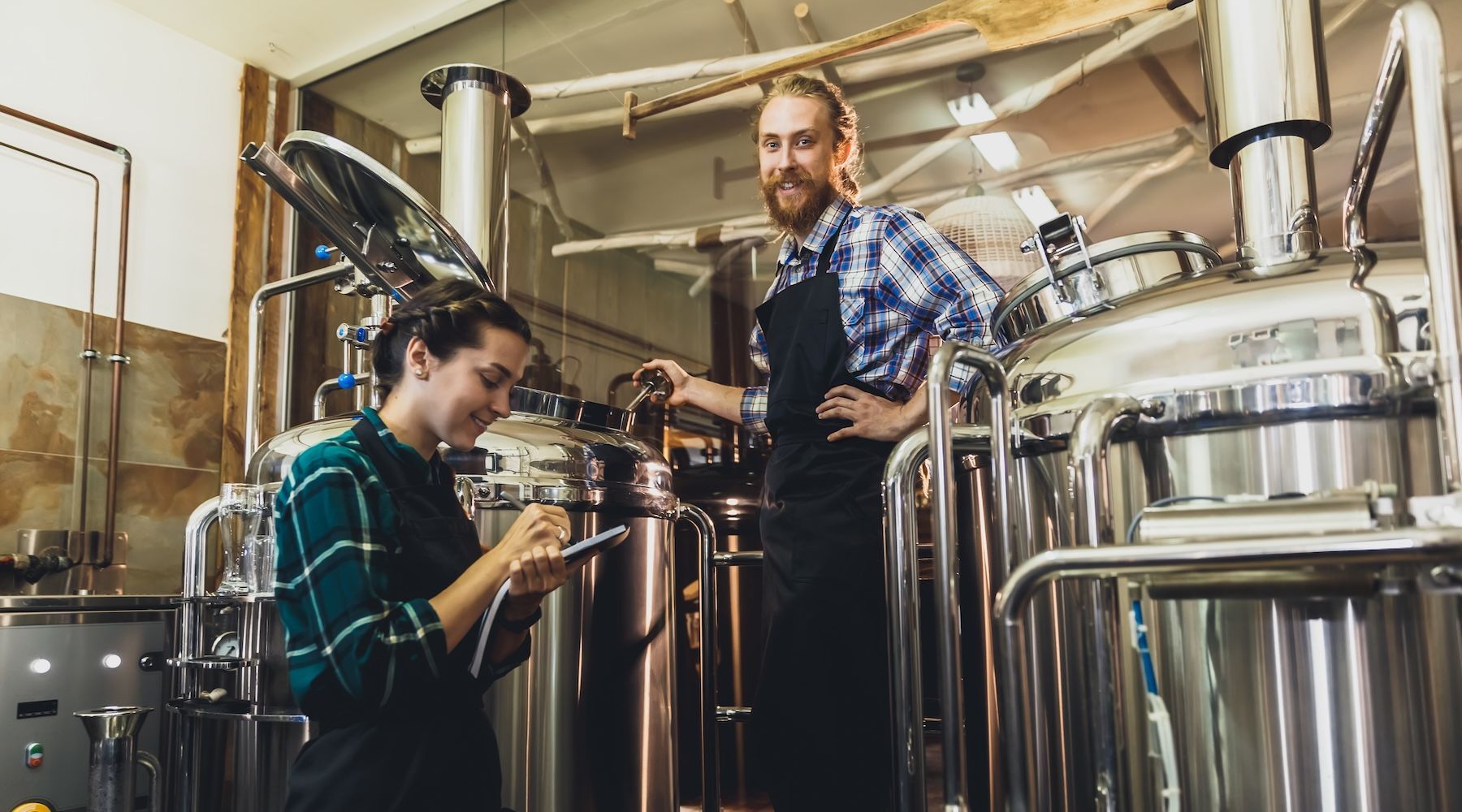
GET IN TOUCH
1512 Larimer Street, Suite #150
Denver, CO 80202
United States
(720) 699-0200
66 Goulburn Street
Sydney, NSW, 2000
Australia
+61 2 9044 1330

